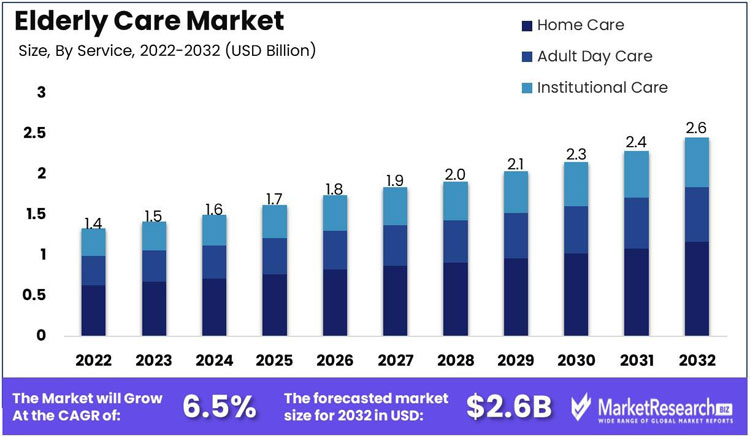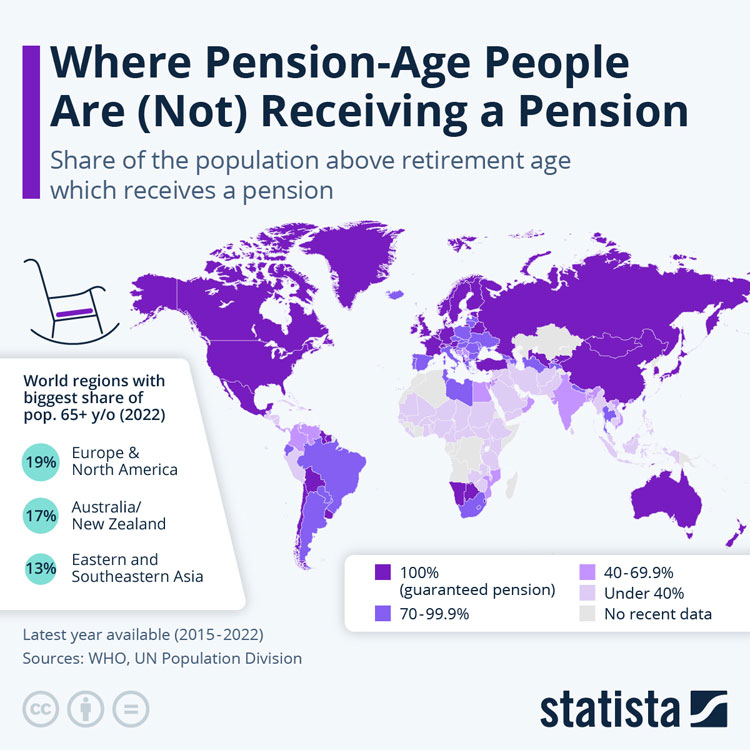October, 22, 2024

By Prof. Samitha Hettige
Political ‘Retirement’ & ‘Rest & Recuperation’ are hot topics in the run-up to the 2024 General Election. Retirement is the ‘act of stop working & leaving a job, usually due to old age (Ref. Cambridge). ‘Rest & Recuperation’ (R&R) is a practice where individuals can take regular authorized time off to leave the duty station to get a break from the dangerous, stressful, isolated working & living conditions under which they serve (Ref. ICSC.UN). Both are essential factors in Human Resource (HR) management for organizational & social sustainability.
The 140th birth anniversary of Prime Minister D.S. Senanayake who never received a state pension fell on 20th October. Few years after his death, USA enacted the ‘Former Presidents Act of 1958’ looking into the wellbeing of retired leaders & spouses. New Zealand which never experienced violent social conflicts looks at it from a different direction (Ref. & www.parliament.nz). In some societies ‘Elder Care’ seems an election entertainment summarized to pensions of politicians & protection provided for risking life for national stability during service. Those who moderately analyze views might argue that Sri Lankan tax payers have contributed to the wellbeing & protection of the spouse of President Premadasa & the family of Mr. Rohana Wijeweera (founder leader of the JVP).
In certain societies the bigger picture may be avoided for political reasons or missed due system lapses. Those concerned should focus on the bigger picture & constantly upgrade ‘Elder Care’ policies based on medical sciences, cultural norms & post conflict rehabilitation (where relevant) etc. Any society is considered deeply aging if the population above the age of 65 is at 14% of the total population & super aging if it is 20% according to the United Nations.

Socialist Social Responsibility.
Though China isn’t using Buddhism for political purposes, the Chinese civilization is largely based on Buddhism, Taoism & teachings of Confucius which stress the value of ‘Elder Care’. The ‘Double Ninth Festival’ (AKA Senior's Day) is the traditional Chinese holiday celebrated on the ninth day of the ninth month of the lunar calendar to honor & show respect to the elderly.
In Socialist China, those aged 60 & above reached 300 million (approx. 21% of the population) in 2023. It’s projected to be 400 million by 2035 & 500 million by 2050 (Ref. Media). The Chinese consider this demographic shift as a challenge & an opportunity. More seniors shall need more hospitals, better social security & improved ‘Elder Care’ facilities. To address these, Chinese government recently released a set of guidelines to accelerate the development of ‘Elder Care’ services in rural areas. Nearly one billion people are now covered by basic ‘old age’ insurance in China (Ref. Ministry of HR & Social Security).
The ‘Silver Economy’
Sri Lankans may develop the ‘Silver Economy’ with ‘Elder Care’ programs & industries (products & services) to meet the needs of people over 50 years to help stabilize the national economy. The trade links accessible via the Belt & Road Initiative will help to expand the markets generating employment & preventing conflicts at grass roots. The Rs. 372+ billion (Ref. MOF) spent annually on pensions may be restructured for win-win outcomes boosting the ‘Silver’ economy. Creating jobs for elderly people, increasing the supply of ‘Elder Care’ services using community based enterprises & NGOs are important. State supervised, professionally managed social security schemes may reduce wastage in health sector & unfair trade union actions. Those who plan to become policy makers in the new parliament may think new to change the big picture as expected. Since the present constitution is effective till proposed is enacted, they may act to give the foremost place to Buddhism as stated. Buddhist philosophy teaches the value of ‘Elder Care’ in many instances including the ‘Singalovada sutra’.
‘The life, beauty, happiness & strength of those who are courteous & respectful of elders shall increase – Gautama Buddha
(Views expressed are personal).
Video Story